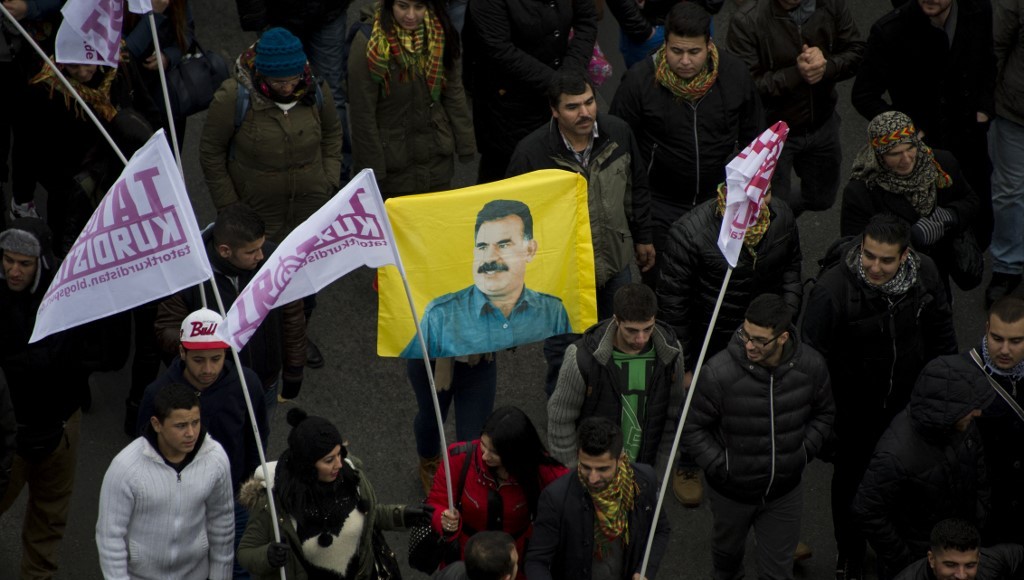Ankara is leaning towards a rapprochement with the Kurds despite last week’s deadly attack on a Turkish defense contractor, claimed by militants from the outlawed Kurdistan Workers’ Party (PKK), Agence France-Presse reported.
The PKK claimed responsibility for Wednesday’s attack on the headquarters of the state-owned Turkish Aerospace Industries (TAI), resulting in five deaths and 22 injuries. The bombing came shortly after a surprising peace gesture extended by Devlet Bahçeli, leader of the ultranationalist Nationalist Movement Party (MHP) and ally of President Recep Tayyip Erdoğan, to jailed PKK leader Abdullah Öcalan.
Bahçeli suggested Öcalan might speak in parliament to renounce terrorism and dissolve the PKK. Öcalan, on a prison island since 1999, is seen by some as capable of influencing the Kurdish movement’s direction. However, PKK representatives clarified that the bombing was unrelated to the Turkish government’s tentative peace signals, describing it as a pre-planned “warning” about Ankara’s policies.
The Turkish military reacted by striking Kurdish targets in northern Syria and Iraq, a familiar response amid heightened Middle Eastern tensions.
Experts such as Hamit Bozarslan, a Paris-based specialist on the Kurdish question, link Turkey’s peace overtures to escalating regional conflicts. Turkey’s leadership may see dialogue with Kurdish groups as essential if instability spreads, potentially impacting Kurdish minorities in neighboring Iraq and Syria.
Following the attack, Turkey allowed Öcalan his first family visit since 2020. His nephew, Ömer Öcalan, a pro-Kurdish Democracy and Progress Party (DEM Party) lawmaker, confirmed the visit, raising speculation about Öcalan’s role in any peace process. The timing of the bombing prompted Finance Minister Mehmet Şimşek and others to question the possibility of a deliberate provocation.
Bozarslan considers Öcalan pivotal to any negotiations, but Austria-based academic Yektan Türkyılmaz believes convincing the Kurdish movement of a peaceful political solution will be challenging for Öcalan after years without “organic contact” with PKK leadership.
Observers connect Ankara’s approach to fears of regional conflict spreading due to Israel’s war with Hamas. Türkyılmaz suggests Turkey’s overtures to the Kurds are partly aimed at strengthening domestic unity against regional threats, especially from Syria, an Iranian ally. Following Israeli airstrikes on Iran, Turkey condemned Israel’s actions, citing concerns about a wider regional war.

